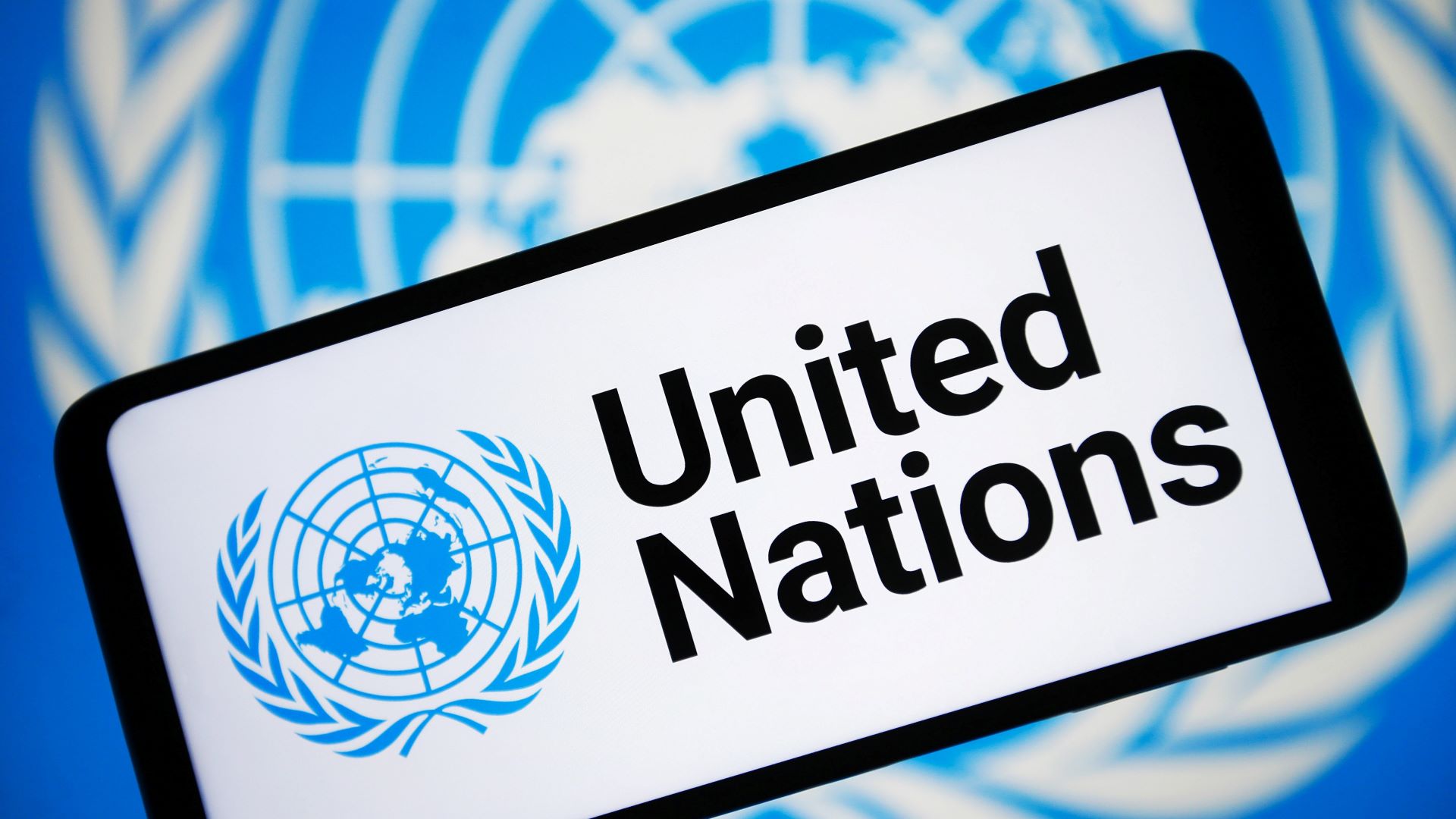UN excluding tech experts from the future of internet governance, experts warn
"The technical community is not part of civil society and it has never been"

Sign up for breaking news, reviews, opinion, top tech deals, and more.
You are now subscribed
Your newsletter sign-up was successful
The United Nations is attempting to curb the role of tech communities from the future of digital governance overlooking its importance for the development of the internet, experts have warned.
Major internet organizations—namely the Internet Corporation for Assigned Names and Numbers (ICANN), Asia Pacific Network Information Centre (APNIC), and American Registry for Internet Numbers (ARIN)—have raised the alarm against the Global Digital Compact (GDC)'s plan of excluding technologists as a distinctive voice.
An initiative meant to promote "an open, free and secure digital future for all" by addressing issues like digital inclusion and internet fragmentation, the GDC now instead faces criticism as it plans to shift from a multistakeholder to a tripartite model for digital cooperation.
The risks of excluding the internet tech community
"Today, there are more than five billion users, yet the Internet continues to evolve and adapt to the needs of humanity, most recently in our response to the unprecedented challenge of the COVID pandemic," read an official statement co-authored by Interim ICANN President and CEO Sally Costerton, APNIC CEO Paul Wilson, and APNIC's Director General John Curran.
"This success must be recognized as an important testament not only to the Internet as a technological platform, but also to the prevailing multistakeholder model by which it has been governed."
Experts went on to highlight how previous UN reports and documents—including the 2015 WSIS+10 Outcome Document—clearly recognize the importance of different stakeholders when it comes to digital governance, with tech communities seen as a standalone group.
Now, this "cooperative balance" appears to be in danger as U.N. Tech Envoy Ambassador Amandeep Gill suggested a tripartite model should be used instead. This will then include only three stakeholder groups: the private sector, governments, and civil society (which comprise the technical community, too).
Sign up to the TechRadar Pro newsletter to get all the top news, opinion, features and guidance your business needs to succeed!
From the Delegation of the EU to the UN during the Global Digital Compact Deep Dive. Per the UN, the Global Digital Compact is expected to “outline shared principles for an open, free and secure digital future for all”. #globaldigitalcompact #ICANN #governmentengagement #Internet pic.twitter.com/J8uTrN4sdZJuly 3, 2023
ICANN's experts noted that "The technical community is not part of civil society and it has never been," warning that such a model "overlooks the unique and essential roles played by that community's members separately and collectively."
These major internet organizations are now pledging the United Nations to reconsider this unnecessary shift that might risk cutting out technologists from important discussions and decisions over the future of the internet.
According to the experts, the tech community—which includes academics, security software developers, cryptographers, data scientists, and more—has a critical role in fostering the daily technical functioning of the internet as a whole. They are, therefore, responsible for providing stable and reliable digital operations.
They concluded: "The technical community will certainly continue to play its critical roles in the future of the Internet, and it behooves the UN to recognize this reality in its formulation of any future processes related to Internet governance."

Chiara is a multimedia journalist committed to covering stories to help promote the rights and denounce the abuses of the digital side of life – wherever cybersecurity, markets, and politics tangle up. She believes an open, uncensored, and private internet is a basic human need and wants to use her knowledge of VPNs to help readers take back control. She writes news, interviews, and analysis on data privacy, online censorship, digital rights, tech policies, and security software, with a special focus on VPNs, for TechRadar and TechRadar Pro. Got a story, tip-off, or something tech-interesting to say? Reach out to chiara.castro@futurenet.com